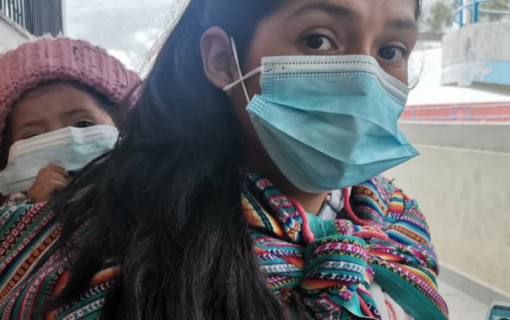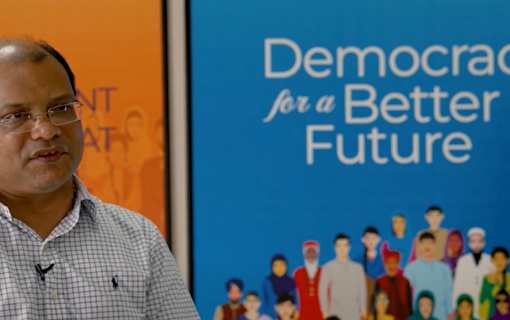A Regional Strategy for Promoting a Free Media and Freedom of Expression in the Middle East and North Africa
Abstract
The main objective of this paper is to encourage open debate and reform action in the Middle East and North Africa (MENA) region on the need to create the legal and political enabling environment necessary to promote good governance, the Rule of Law and citizen participation. The paper notes that many of the defamation laws in the region still contain criminal penalties, including high fines and imprisonment, and that the threat and enforcement of these laws and policies leads to government censorship, self-censorship and sometimes imprisonment. These practices are now well understood as counter to international obligations and best practices as well as to the guarantees of a free media and free speech enshrined in most MENA Constitutions. The net result of these practices is a culture of secrecy that presents high barriers to sustainable economic and political reform. Collectively, this secrecy effectively muzzles open discussion and critical reform debate and makes the promotion of basic human rights and a good governance reform agenda virtually impossible.
While some countries have made notable progress in creating the legal and political enabling environment for a free media and free speech over the last decade, this paper suggests that a first-step regional reform strategy might include the decriminalization of defamation and insult laws -- particularly as they relate to journalists and the media. Indeed, the media is the main source of public information in the region and one of the primary means for citizens to participate in the ensuing reform debate. If legislative reform is not politically possible in some countries, there is no reason why the leaders and relevant ministers could not take the necessary steps, such as the issuance of executive decrees or clear policies, to relegate the enforcement of the current defamation laws to the back burner. Such a move would send an important reform signal to citizens, reformers and the international community that could alter the way citizens and government officials currently interact and relate to each other. Then, public-private reform partnerships on a broad array of issues may begin to engage ouot of the atmosphere of secrecy that permeates much of the region.









